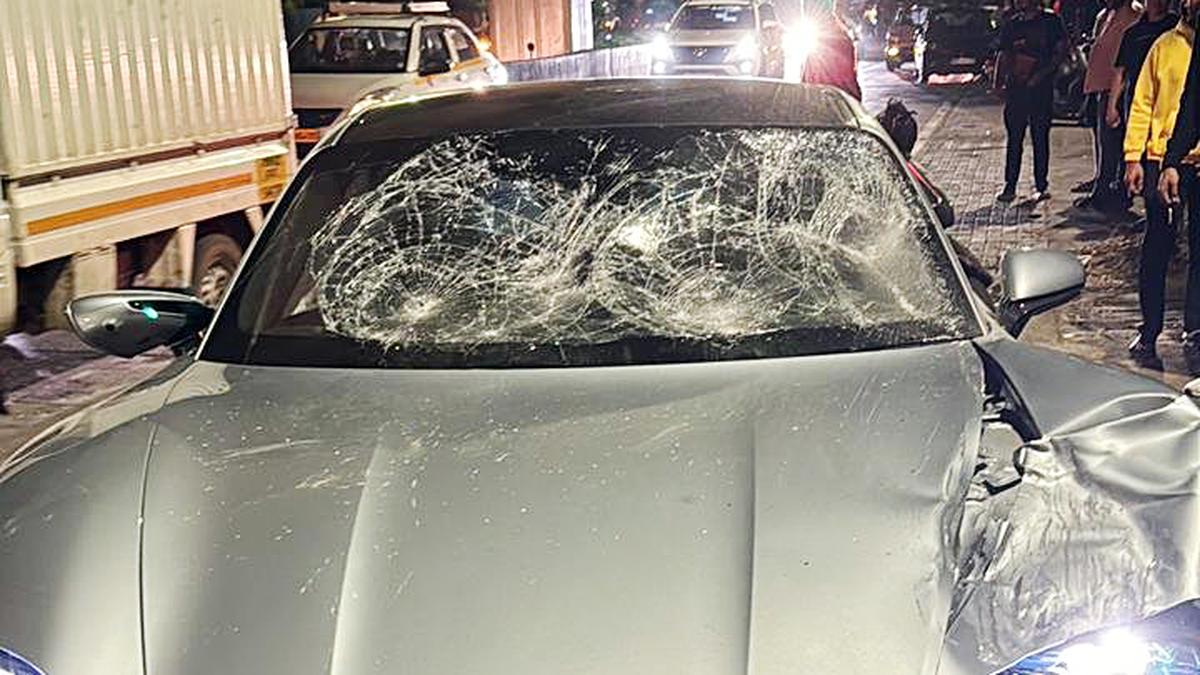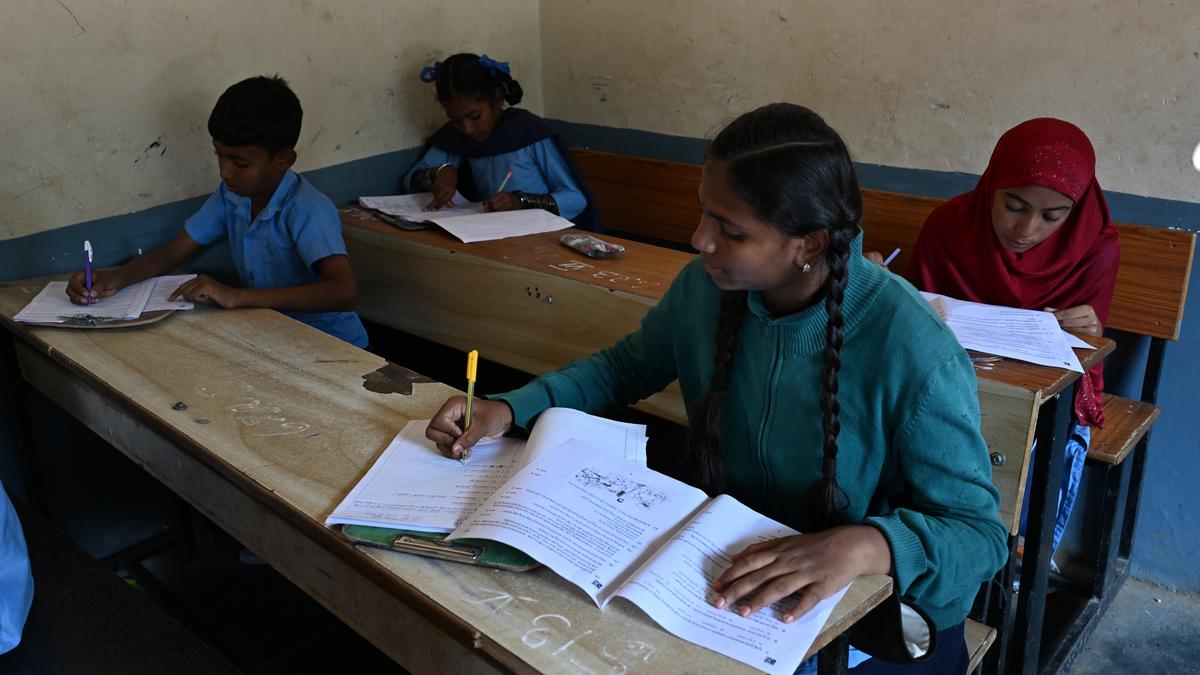The delay in wrapping up the polling of votes in some booths in the April 26 Lok Sabha elections in Kerala has sparked a row with the Opposition Congress-led UDF blaming the Election Commission for poor coordination and demanding an independent probe.
While the polling hours officially ended at 6 p.m. on Friday, voters who had arrived at the booths within that deadline were issued tokens and permitted to vote. But in some booths, predominantly in the Vadakara constituency, the polling had reportedly extended beyond 10 p.m., giving rise to the complaint.
Leader of the Opposition V. D. Satheesan on Saturday said the Election Commission had failed to hold smooth and incident-free elections in Kerala. He said there were instances of voters leaving without casting their votes after waiting for hours. Mr. Satheesan wanted to know as to why, in some instances, the polling had dragged on till 10 p.m.
Mr. Satheesan demanded an independent probe to ascertain the reasons for the alleged lapses. AICC general secretary K.C. Venugopal alleged that the polling was deliberately delayed in booths where the UDF enjoyed a upper hand. Ninety per cent of the booths where the delay was reported were ones where the UDF tended to have the advantage, he said.
Meanwhile, Chief Electoral Officer (Kerala) Sanjay Kaul defended the polling officials saying that the election process and voting in the State were “completely satisfactory at all levels.” He attributed the delay in concluding the polling in some booths to the surge in voter turnout after 5 p.m.
Tokens to vote
Polling was wrapped up in 95% of the booths in Kerala by 6 p.m., and 99%, by 8 p.m. “Only in some booths in the Vadakara constituency did voting continue later. This was due to a higher turnout after 5 p.m., requiring officials to verify records and ensure accuracy, which naturally took more time. All voters who arrived at the booths by 6 p.m. were given tokens to vote, indicating the vigilance of the officials,” he said in an official statement.
‘Machines flawless’
Considering the summer heat conditions, the polling was excellent, as assessed by the commission, he said. The electronic voting machines functioned flawlessly, when compared to previous ones where the malfunction rate was an average of 5%. This time, however, only 0.44% of ballot units and control units and 2.1% of voter-verifiable paper audit trails (VVPAT) machines malfunctioned, he said.
All the serious complaints related to duplicate entries in the electoral rolls were examined, but “no substantial issues” were found, Mr. Kaul added.

 3 weeks ago
106
3 weeks ago
106



